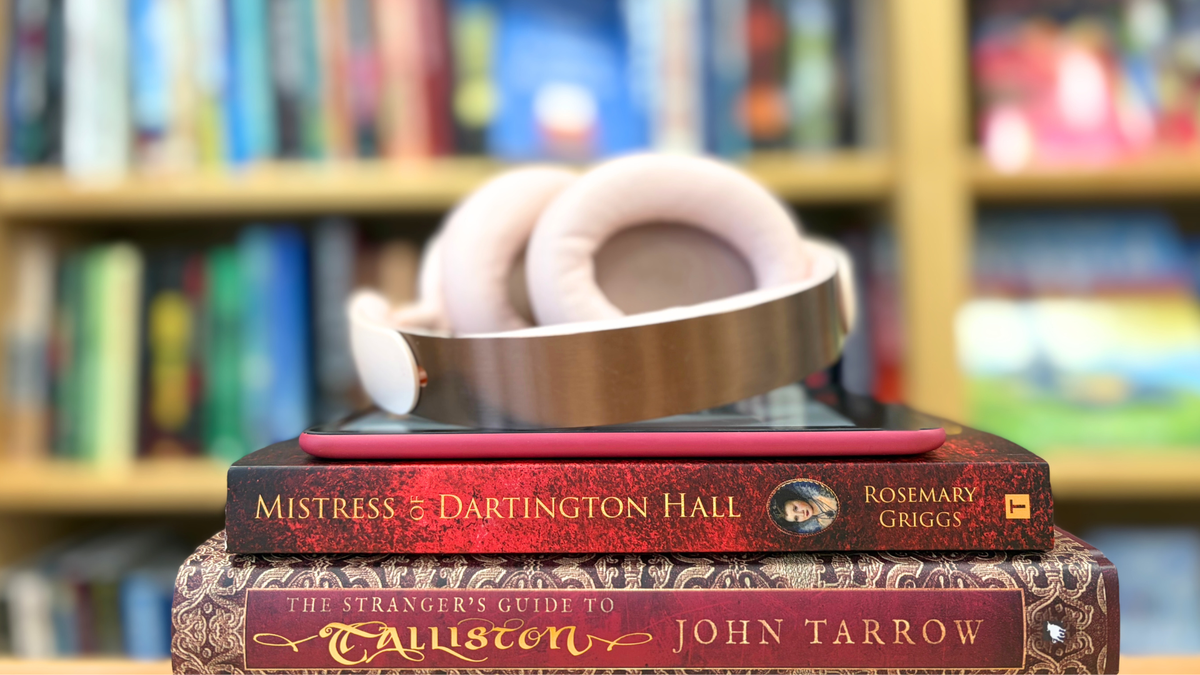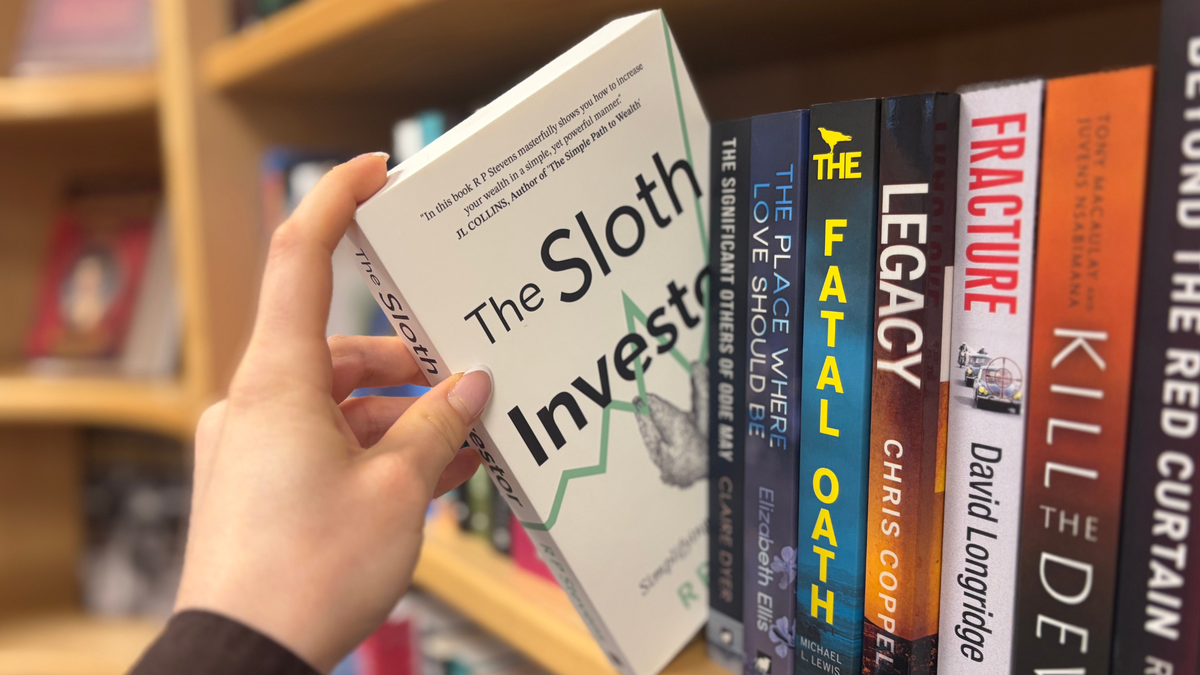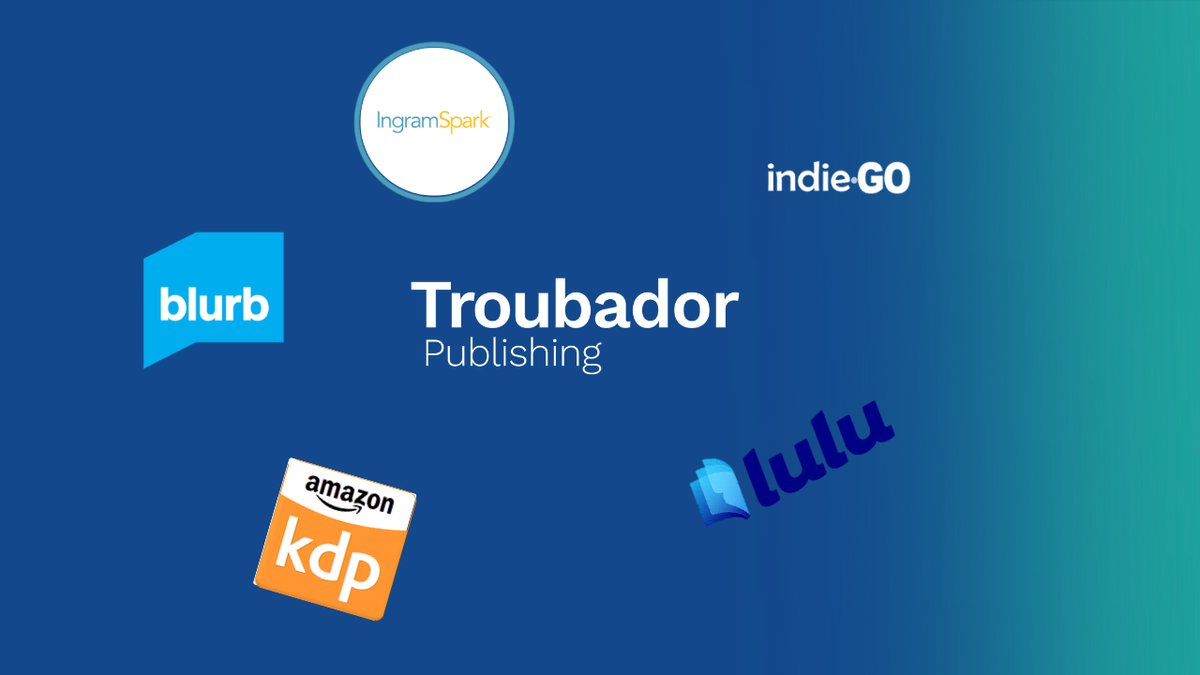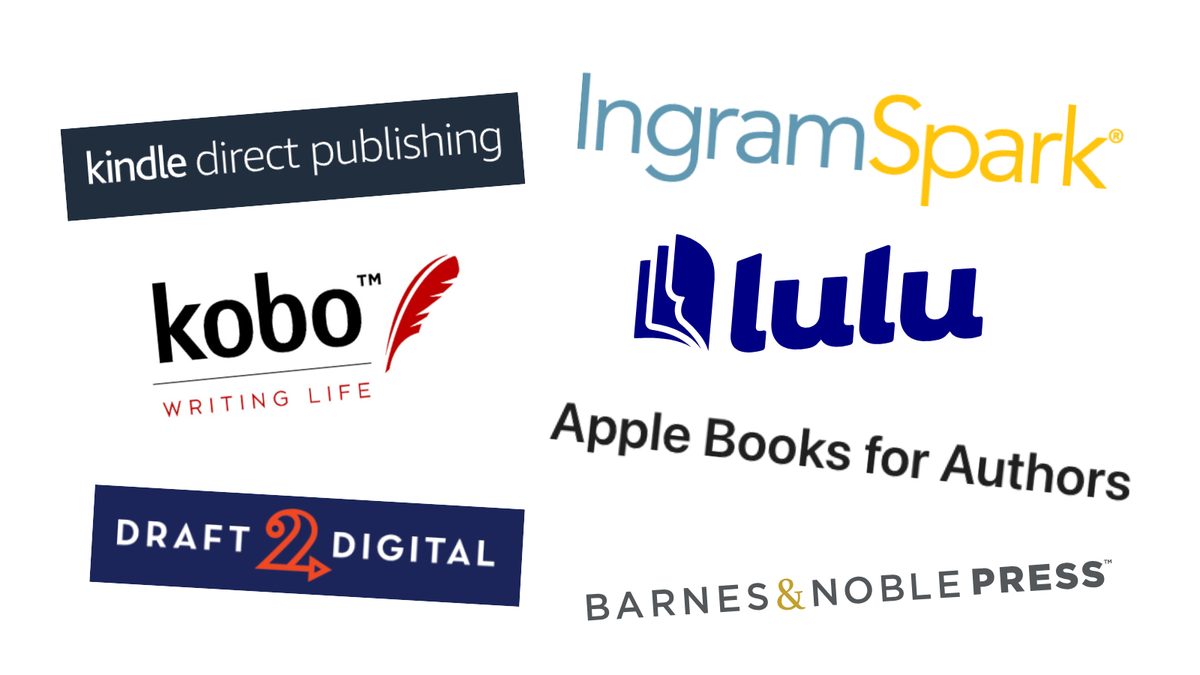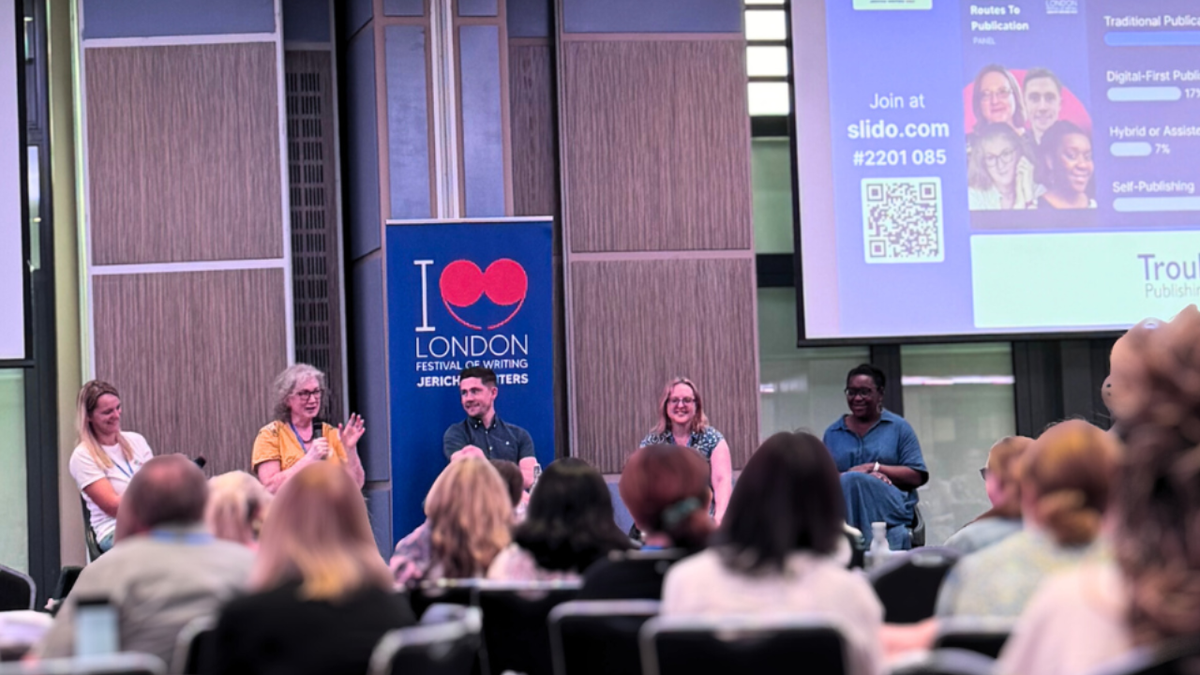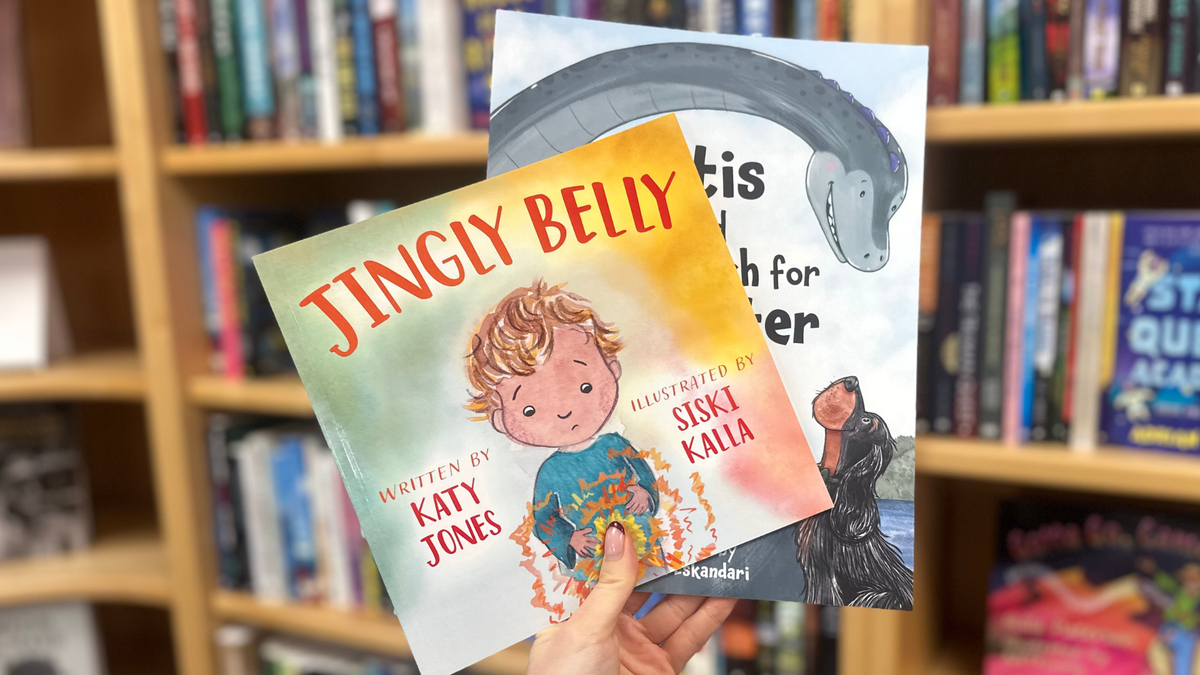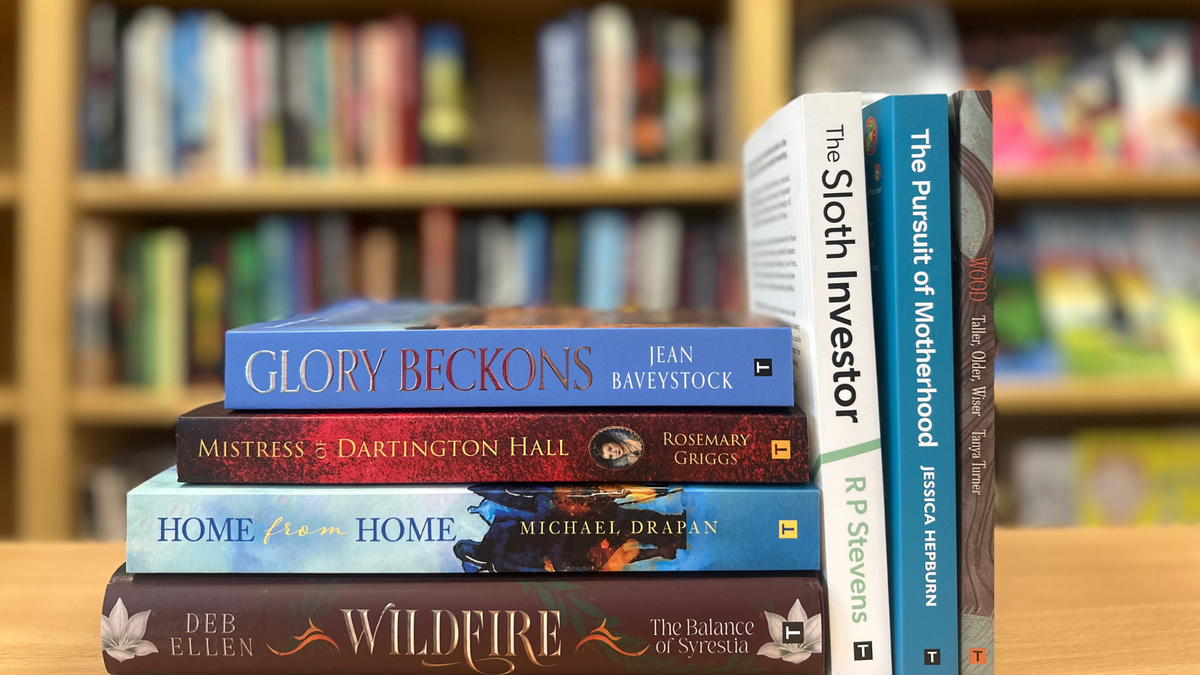
13th December, 2023
6 min read
Genre Writing Tips for Self-Published Authors
Written by:
Hannah Cather
Why do we need book genres?
Romance. Crime. Thriller. Horror. Dystopian. Historical Fiction. Literary Fiction. Science Fiction. You name it, there’s a book genre for it, but have you ever thought about why genre is so important? Because – spoiler alert – genre is very important.
A first clue as to why is in the name. Genre has French, Latin and Greek origins, meaning ‘type’ or ‘kind’ or ‘class’. So, genre is essentially about organising and categorising. The first version of doing so was in Ancient Greece with Aristotle and Plato, who both recognised that more and more literature was being created and recorded, so it would be useful to have a system for classifying the works – both to organise them and keep track of them. In the great philosophers’ time, all works tended to fall into one of three genres: poetry, drama and prose, but this has since ballooned into the enormous range of book genres today.
Aristotle and Plato had the right idea (they had a few of those). Indeed, the need for organising writing into categories is highly useful, for authors, readers and publishers alike. For readers, it allows them to know what they’re reading and helps them find certain books more easily (your book has more chance of finding its audience if its genre is clear). Publishers, meanwhile, will know exactly where and how to market your book. They may also be genre-specific themselves and have a specialist knowledge in your area.
Book genres: the language
A quick explanation of terms is important. Category refers to the general type of book and is the wider field the book sits in – Fiction, Non-Fiction, YA, Children’s. Genre is a subsection of the category – Horror, Thriller, Science Fiction, Romance etc. Then, to confuse things further, tropes are subsections within genres, meaning certain patterns and plot devices generally used within that genre. For example, Romance might use the ‘damsel in distress’ trope or the ‘unpleasant man becoming a love interest’ trope – Mr Darcy and Mr Rochester, anyone? Fantasy novels might make use of the ‘reluctant hero on an epic journey’ trope or the evergreen ‘good versus evil’ trope. Put simply, the formula goes: book category > genre > trope. Think of any book with a clearly defined genre and it’ll follow this.
Book genres have popularity spikes
Take Romance now – there’s been a huge resurgence of modern romance books. As of the end of 2022, romantic novel sales were at an all-time high since 2012 (three words: Fifty, Shades, Grey). This is thanks to serial writers such as Beth O’Leary and Colleen Hoover, the latter of which has been blasted onto bestselling lists the world over for numerous titles (thanks in part to TikTok popularity). But why romance, and why now? Some argue it’s down to the post-pandemic longing for happiness and completeness. After the world broke down, we wanted books that gave us a warm hug and lots of heart, and a happy, happy ending. Romance also means an easy-peasy reading experience – no surprises and feel-good plots.
Context reflecting the rise in book genre popularity isn’t a new thing. Gothic Horror and Ghost Stories reigned supreme in Victorian times, thanks to the rise of interest in the supernatural, the otherworldly and the Spiritualist movement. This was against a background of industrialisation and huge leaps in scientific and medical knowledge. The world was opening up in a way it never had before, and it was scary and dark. Reading tastes reflected this, pushing the boundary of the material world.
Likewise, the 1950s saw a spike in popularity for Dystopian Fiction. Bradbury’s Fahrenheit 451, Golding’s Lord of the Flies and Wyndham’s The Chrysalids were all created in this decade, and Orwell’s 1984 was just shy of it being published in 1949. This rise perhaps isn’t surprising considering how the world was still shaking after the effects of two wars. Literature reflected the realisation that the world wasn’t perfect and that it certainly wasn’t a utopia. Life could be messy and strange and out of our understanding. Some of the novels, 1984 for example, showed the need for greater questioning and knowledge about how the world was run; while others explored different dimensions as a means of escape. Context is important and novels are almost always a reflection of the time they were written.
Following book genre trends
So, if context is important, should trends be followed? The short answer is: no. Write what you plan to write and what you’re inspired to write. Tell the story that’s in your head, regardless of what’s buzzing on the charts or trending over social media. This will mean that your writing is authentic and from the heart, and that’s the best foundation. If your work happens to follow a trend, then great (it would be a lie to think that writing a romance novel now wouldn’t be convenient, as it’s in good company), but if not, forget it. Book genre trends come and go, and your writing should be a product of heart, not popularity.
Common book genre confusions
Crossover between genres is a thing, but if you look hard enough, genres are well-defined even if they seem similar. Below are some of the more oft-confused genres and their differences.
Crime versus Thriller
The difference here is usually about when the crime takes place. Crime books tend to start with the crime and then the plot works backwards, with characters working out what’s happened, why it happened and the all-important whodunnit. In contrast, thrillers work up to a crime, with the baddie established fairly early on and suspense building as the crime comes to fruition. Thrillers are about pace and atmosphere, and the reader having an edge-of-the-sofa experience.
Sci-Fi versus Fantasy
While both dwell in the out-of-the-ordinary trope, Science-Fiction books use what we know about science and the world we live in to create stories, whereas fantasy books create worlds and characters from imagination, such as Tolkien’s ‘Lord of the Rings’ series, with its elves and hobbits and wizards trawling across Middle Earth. In short, Fantasy is a place of the impossible, whereas Science Fiction deals with what is possible. It’s all in the names – Fantasy is fantasical, whereas Science Fiction stays within the remit of scientific principles.
 Magical Realism versus Fairy Tale
Magical Realism versus Fairy Tale
Magical Realism brings magical elements into a realistic context and mixes the two, such as giving ‘normal’ people supernatural powers, or dreams finding their way into everyday life. Some great examples include Rushdie’s Midnight’s Children and Nights at the Circus by Angela Carter – experts at making the strange and surreal commonplace. Fairy Tales, by contrast, have no grounding in realism. Fairy Tales are pure fantasy (not the Fantasy genre, to be clear!) – they are witches in forests, giants who live at the top of beanstalks and beasts in terrifying castles. Again, it’s in the name: Magical Realism mixes magic and reality, whereas Fairy Tales are ethereal and made-up.
Book genres: the finale
If there’s any takeaway here, let it be that book genres are important and will hugely help your work, but make sure that you’re not trying to crossover too many genres. This would be a case of ‘jack of all trades but a master of none’. If you try to be ‘genre-everything’, you’ll be a master of none of them. The irony is that narrowing down the genre of your book actually opens it up to a wider audience and greater findability, from both readers and publishers. Think about genre from the get-go and your book will slot easily into publishers' remits and bookshelves, both online and offline.
Whatever your book genre may be, Troubador can help in numerous ways to get your book from manuscript to market. Want to learn more? Contact our customer services team today for a no-obligation quote for self-publishing your book.


